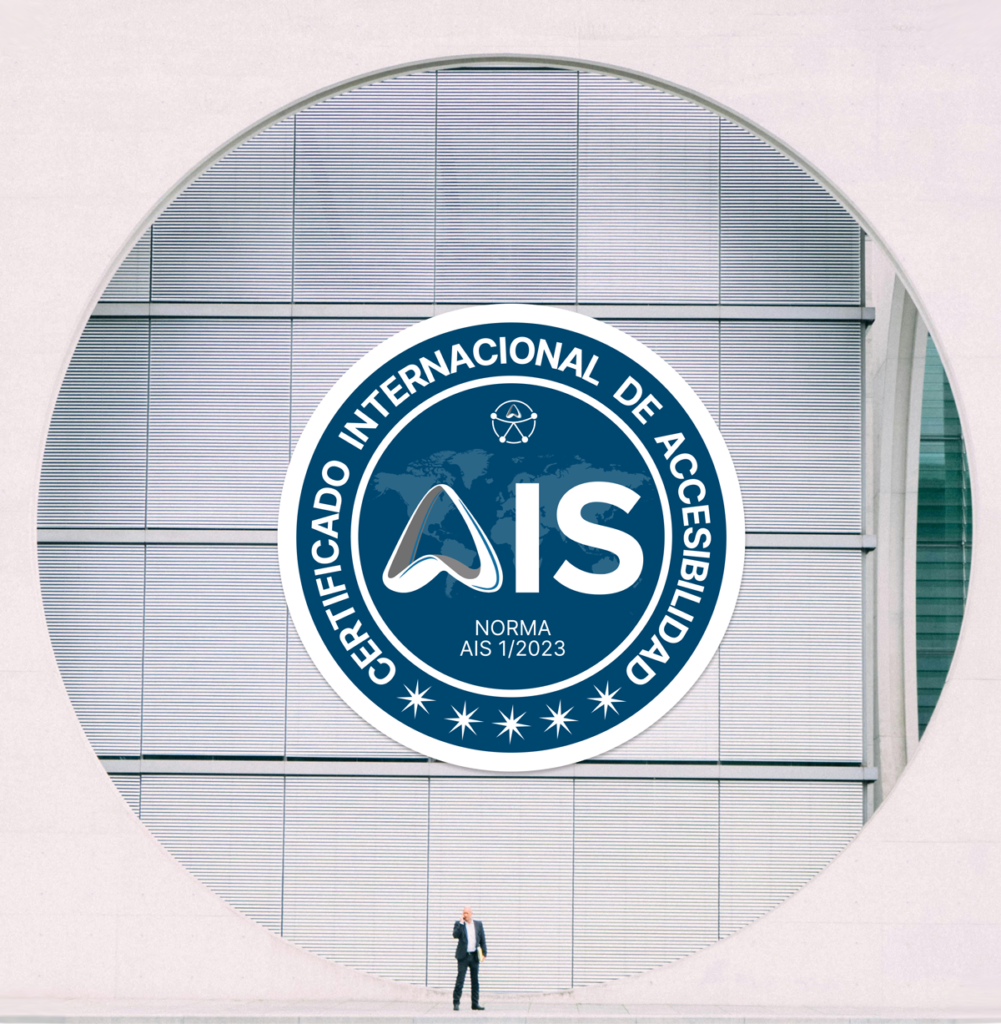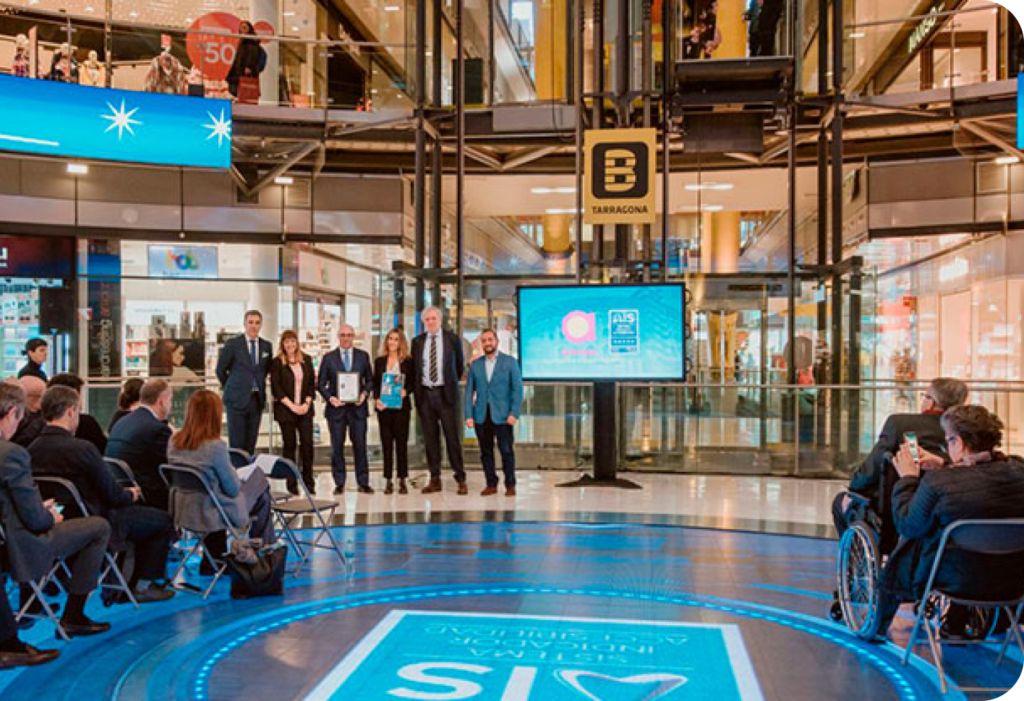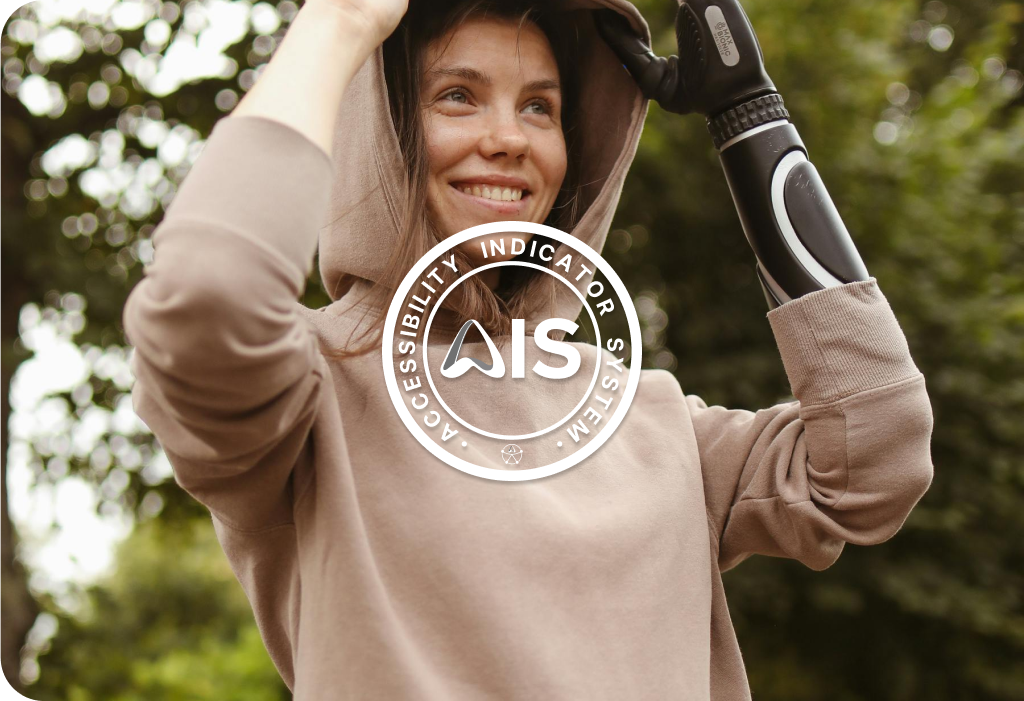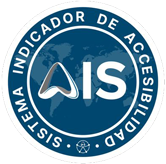
Fundamentals of the AIS Certification System
The AIS accessibility certification system is the first Voluntary Harmonized Accessibility Standards System, which conceives accessibility in an integral manner and as another dimension of the social responsibility of companies, public and private entities and individuals.
The AIS system is made up of a set of standards (AIS norms) that certify the degree of accessibility of services, facilities and products in their design phase or once they have been developed.
AIS standards respond to criteria of usability, comfort and safety for all people, whatever their characteristics or needs may be.
And they are the result of ongoing research since 2006, demonstrating the ARS Foundation’s commitment to continuous improvement and updating to keep pace with social demands and people’s needs.

The Standards that make up the AIS System are voluntary.

Accessibility certification is a voluntary process that must integrate the applicable legal accessibility requirements.
The thousands of AIS certificates issued demonstrate that this voluntary process brings value and guarantees to both the certified entities and the end users of the certified spaces, services and products.
The clarity of the certification processes and milestones: Registration, verification and evaluation, certification and maintenance, facilitate the incorporation of the beneficiary entities’ management and CSR processes.
The AIS system is harmonized
The ARS Foundation’s R+D+i work has made it possible to nurture the AIS System and to specify it in the three standards currently in force.
AIS Standard 1/2023
For the urbanized environment, it provides criteria for designing and/or evaluating spaces and the services they house .
AIS Standard 2/2023
Provides criteria to design and/or evaluate digital products and services such as websites, apps…
AIS Standard 3/2023
Provides criteria to design and/or evaluate products with accessible features in areas such as signage, furniture, mobile transportation elements…
All AIS Standards are based on mandatory local, national and international legislation, as well as on a set of usability, comfort and safety criteria obtained from best practices and case studies from ongoing research.
The AIS system is independent
The Accessibility Foundation is an independent entity. As it is not governmental or dependent on any public or private body, both in its constitution and in the way it is financed, it demonstrates its impartiality by not being part of any administrative body, with no business participation or associative links, beyond those of representation proper to its status as a Foundation.
In addition, it is a guarantor in its certification process, informing the parties involved of the process and publicly providing information on the processes and certifications issued, as well as guaranteeing the intellectual property rights and trademarks of the System and the AIS Standards at international level.

